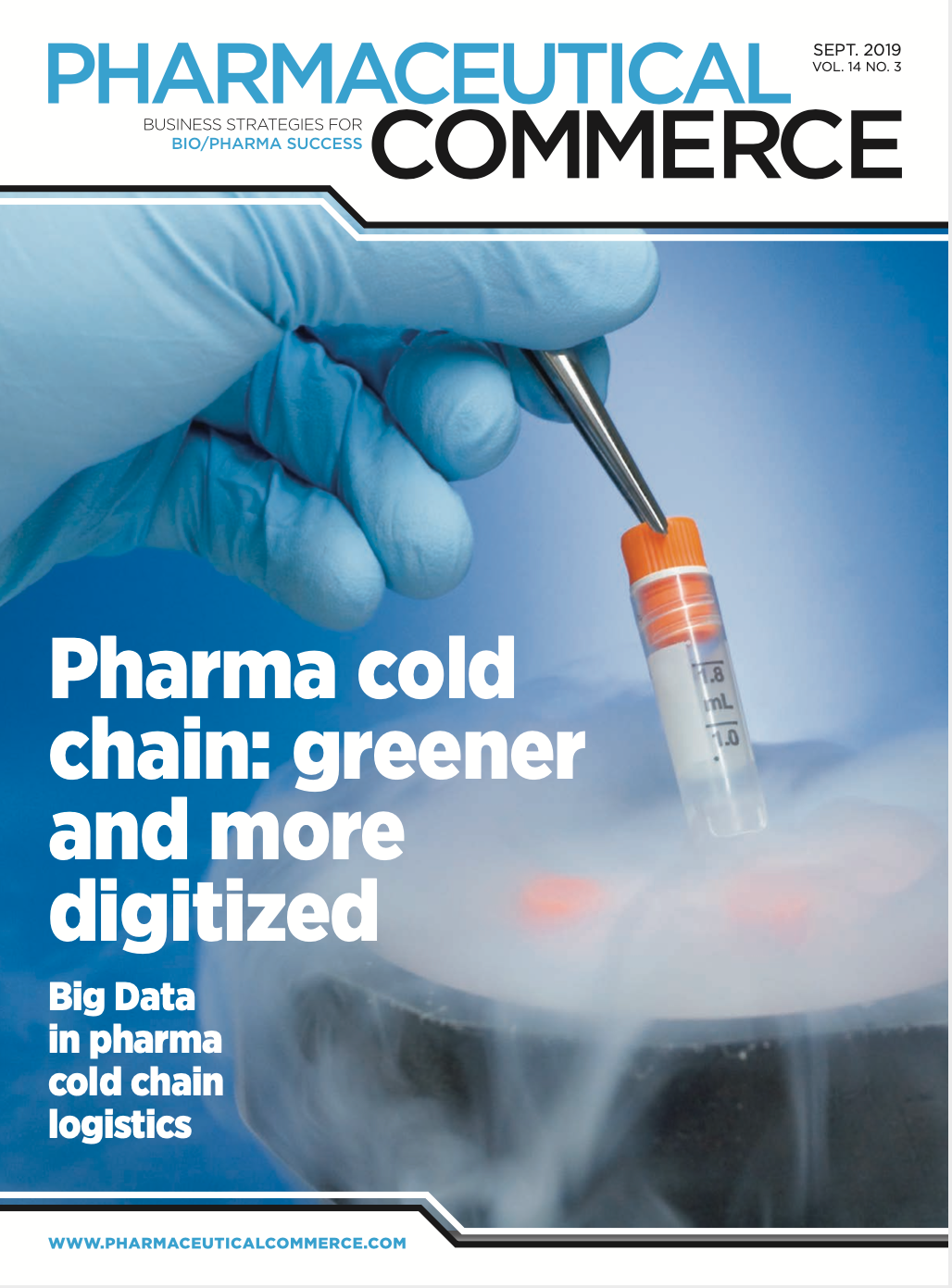PDSA helps bring along a DSCSA governance organization
Updated prospectus proposes membership rules, budget and leadership
A still-brewing effort to provide a governance mechanism for an organization to manage industry response to the Drug Supply Chain Security Act (DSCSA) took another step forward this summer, with an updated prospectus now being circulated to interested parties. The effort comes out of the Pharmaceutical Distribution Security Alliance (PDSA), which was formed in the early 2010s to lobby for legislative and regulatory actions in Washington when DSCSA was being written. According to a source close to the discussions, not all members of the original PDSA will be members of the new organization going forward, and conversely, non-PDSA members (especially IT vendors in this space) will want to be actively involved in the new group.
“AmerisourceBergen fully believes that some form of governance of DSCSA will be needed to make this all work,” says Matt Sample, VP manufacturer operations at the company. “At this point, the effort seems to be moving as fast as it can, with other companies actively considering the prospectus.”
Dirk Rodger’s RxTrace blog first broke the news in early August; his commentary on it is informative. The updated prospectus follows on the heels of a first pass, published last spring and then followed by a workshop of interested participants in May. There is a tight deadline being proposed: the organization needs 25 members signed on by the end of the year (see figure).
The prospectus details a leadership structure, a tentative budget (including membership dues) and other choices to be made leading, ultimately, to a 501(c)(3) nonprofit. A 14-member board, with four members from manufacturers, four from wholesalers/3PLs, and four from dispensers, with two at-large members, is proposed. PDSA submitted a proposal for the new organization to FDA, which in turn listed it as one of the pilots it selected in a program announced this spring. According to the source, PDSA’s proposal was a “placeholder” to be taken up by the new organization, if it comes into being.
The Healthcare Distribution Alliance has been energetically moving the industry along with DSCSA compliance; here's its take on the prospectus: “The next month or so will be critical for the industry, in terms of whether the governance body has support within the industry at large, and whether FDA will be able to recognize the recommendations of such an organization. The pilot is intended to ‘set the stage,’ so to speak, and we think it is encouraging that FDA accepted this as a concept, and at least is willing to entertain the formation of a governance body and see what it can achieve in the context of a pilot." For now, HDA is onboard: “Some of the details are yet to be determined, but HDA intends to continue to participate."
Why the delicate maneuvering? It goes, in part, to the complexity of DSCSA and its objectives, which will ultimately require coordinated actions and data-sharing among manufacturers, wholesalers and logistics providers, retail pharmacy, and health systems. Getting all these industries into the same room is the proverbial herding of cats—theoretically possible to carry out; difficult to accomplish in practice.
It is interesting, too, to contemplate the deployment of blockchain technology in this context. A surprising number of the FDA pilots—including ones from vendors and from manufacturers and pharmacies—mention blockchain, and among its advocates, one of the fundamental issues in a blockchain-based communications network is governance of the network. In sum, this could be a case where technology, policy (and maybe politics) all intersect effectively.
